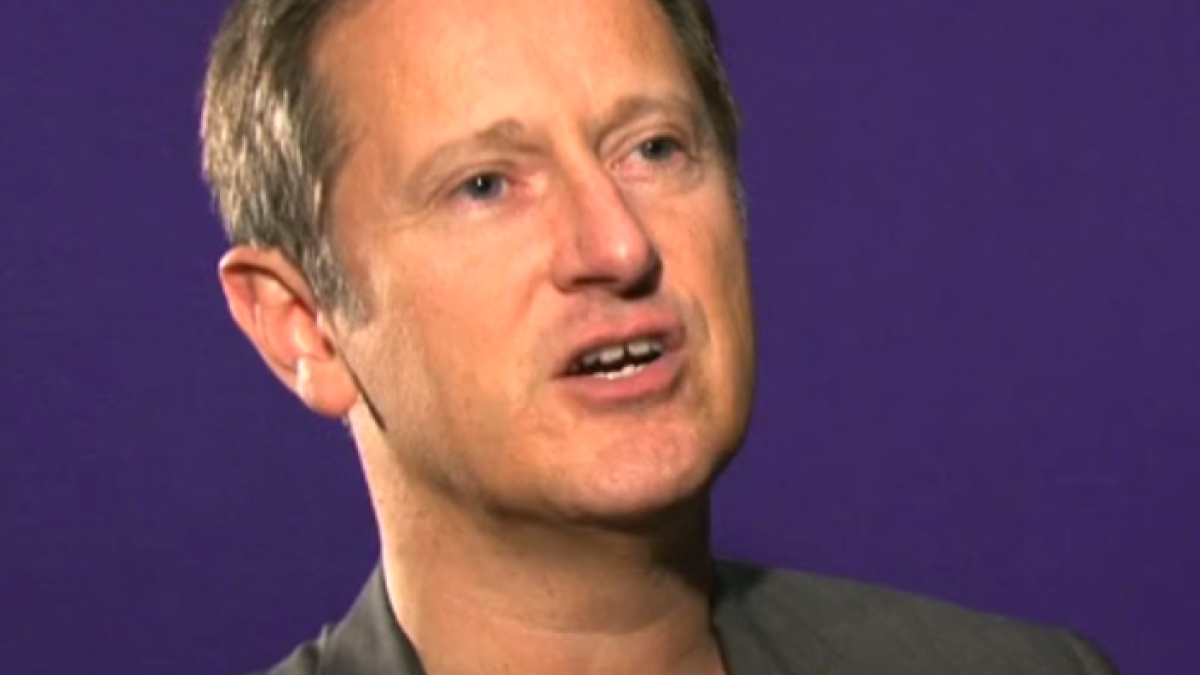'Swarm Intelligence' scientist joins ASU

Author and physicist Eric Bonabeau joins ASU on July 1. Bonabeau penned the scientific bestseller "Swarm Intelligence," which inspired Michael Crichton's popular bestseller, "Prey."
Photo by: Eric Bonabeau
Physicist Eric Bonabeau, one of the world’s leading experts in complex systems and adaptive problem solving, has joined Arizona State University and the ASU-Santa Fe Institute Center for Biosocial Complex Systems.
His book "Swarm Intelligence," a scientific bestseller now for 17 years, inspired Michael Crichton's popular bestseller, "Prey."
“Dr. Bonabeau’s work in research and development, entrepreneurship and human decision-making has been groundbreaking,” said Robert E. Page Jr., former provost and professor in ASU's School of Life Sciences. Page also holds an appointment with the ASU center, as well as the position of external professor with the Santa Fe Institute. “He has transformed communications, robotics, discovery and technology. We look forward to his contributions to our efforts at ASU.”
At ASU, Bonabeau will work primarily within the ASU-Santa Fe Institute (ASU-SFI) center. Created to advance complexity sciences and accelerate scientific understanding and problem-solving, the center’s focus areas are urbanization and scaling in cities, disease patterns and health care delivery, and the dynamics of innovation.
“Eric’s out-of-the-box ways of thinking will enrich the many activities already underway within the ASU-SFI center and create new research possibilities, related to, among others, problems of conflict resolution,” said Manfred Laubichler, co-director of the ASU-Santa Fe Institute center and an external professor at the Santa Fe Institute.
In the 1990s, Bonabeau was a research engineer with France Telecom R&D, a research and development engineer with Cadence Design Systems, and the Interval Research Fellow at the Santa Fe Institute. A hotel mix-up in Santa Fe placed him in a room with Guy Theraulaz, a French scientist studying the collective intelligence of social insects. Previously not a fan of insects, conversations with Theraulaz helped Bonabeau visualize a mathematical connection between an ant’s distributed model of problem solving and his own work in computing and communications networks.
In the last decade, Bonabeau’s studies centered on how technology can push the limits of human decision-making in a complex, decentralized and unpredictable world; studies spurred by a serendipitous exchange about social insects: ants, bees, wasps and termites.
Computational models of behavior and decision-making, predictive analytics, machine learning and research and discovery techniques form the core of his approach to decision support. According to Bonabeau, he is “reverse engineering nature – finding the rules that give rise to certain type of behavior, replicating it and learning how to control it.”
Bonabeau has authored more than 150 scientific articles, three books and is a co-inventor on 18 granted patents. He’s applied his approach to diverse challenges, from genetic algorithms that drive design evolution to self-organized systems, such as unmanned aerial vehicles. His work has also served the U.S. Navy, probing for points of failure in control systems for warships.
“SFI, once my postdoctoral home, has had a deep, ongoing influence on my thinking and career,” said Bonabeau. “The ASU-SFI Center for Biosocial Complex Systems is giving me the opportunity to design and direct leading-edge research with a dynamic group of world-class scientists. I am beyond thrilled to be part of this emerging adventure.”
Bonabeau has also invested in innovative approaches to higher education. In addition to his work at ASU, he is the founding dean of computational sciences at The Minerva Schools at Keck Graduate Institute, Claremont Colleges, a residential campus experience combined with online classrooms and an active learning approach informed by the science of learning. Prior to this, Bonabeau founded Icosystem Corporation, a research and development firm and technology incubator and was the CEO of Eurobios, a joint venture with Cap Gemini Ernst & Young to apply the science of complex adaptive systems to business issues.
Bonabeau received his doctorate in theoretical physics from Paris-Sud University Orsay and is an alumnus of Ecole Polytechnique and Ecole Nationale Supérieure des Télécommunications in France.
“Appointments such as Eric’s illustrate the advantages of the flexible and collaborative structures ASU has built over the last few years,” said Laubichler, who is also a professor in ASU's School of Life Sciences and associate director of ASU's Origins Project.